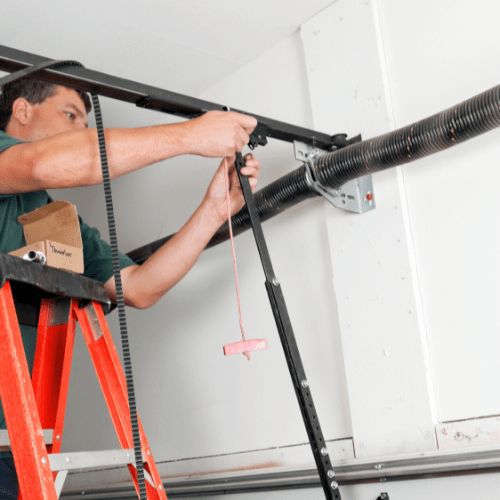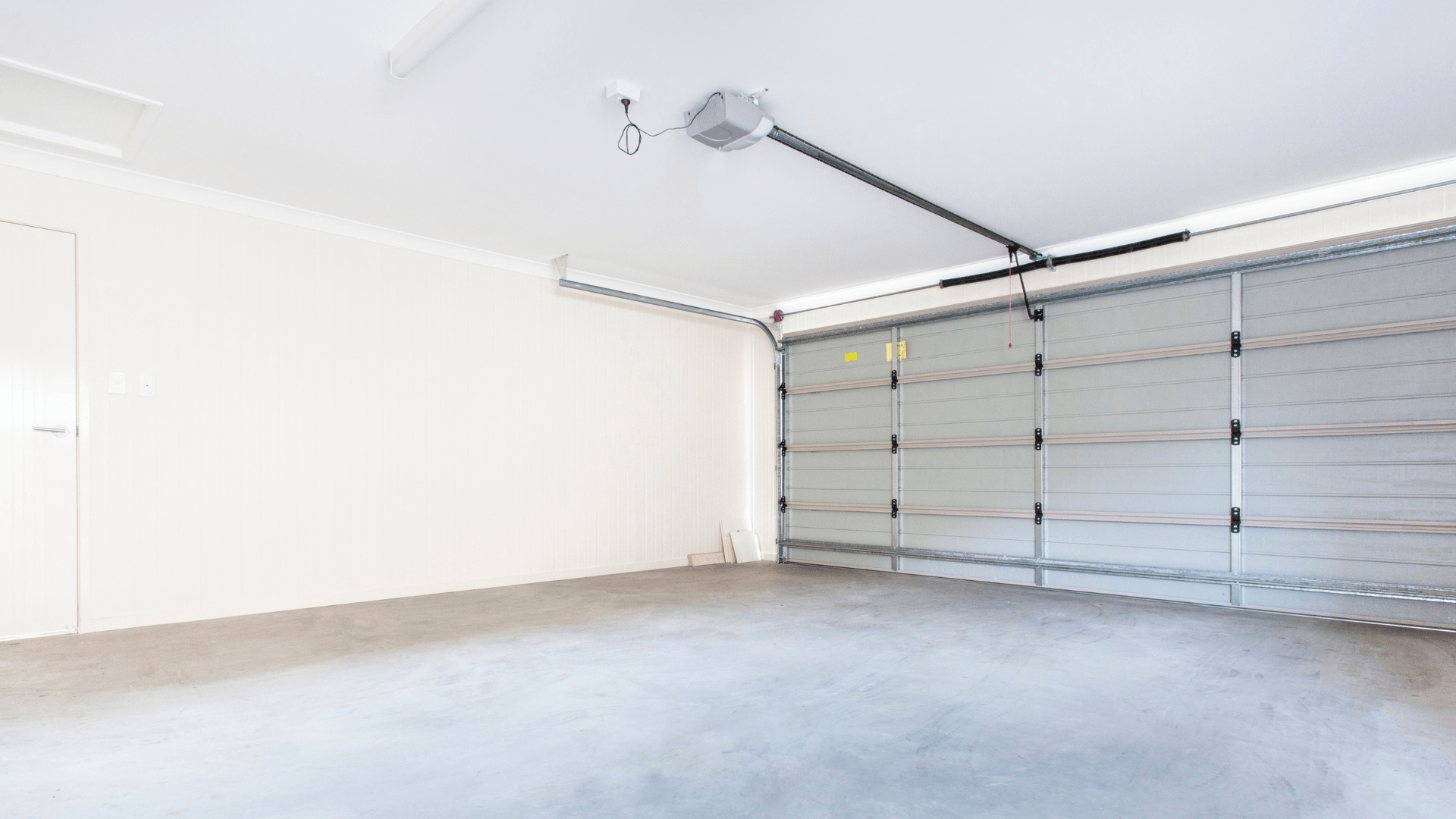Is your once seamless garage door now causing concern with perplexing noises, operational hiccups, or glaring signs of wear? These might not be mere inconveniences; they could signs your garage door springs need immediate attention. Recognizing these signals early on is pivotal—it can avert substantial damage, enhance safety, and circumvent potentially hefty repair bills. Below, we delve into each crucial indicator, emphasizing why swift action is paramount.
Unusual Noises During Operation
Garage door springs in distress often announce their troubles with a cacophony of sounds—creaking, groaning, or even ominous snapping. These auditory distress signals aren’t just nuisances; they could signify significant stress on your springs. Ignoring these acoustic warnings may lead to a complete spring failure, which not only poses safety hazards but also invites more extensive and expensive repairs. An immediate professional inspection is advisable.
Difficulty in Smooth Operation
When your garage door starts to exhibit hesitations, struggles, or worse, gets stuck during operation, your springs may be at the heart of the problem. Springs play a pivotal role in supporting the door’s weight, and any compromise in their function can result in operational challenges. Swift attention is imperative here—addressing these issues promptly can prevent further damage to the door and its associated components.
Visible Wear and Tear
An up-close examination of your garage door springs can reveal crucial details. Cracks, gaps, or noticeable warping are visible signs of compromised springs. A broken spring is not just an operational concern; it’s a safety issue. Attempting a DIY fix without the right expertise and equipment can lead to accidents. Seeking professional assistance immediately upon spotting any irregularities is the recommended course of action.
Door Imbalance
A well-balanced garage door moves smoothly and evenly. If you notice an imbalance in movement or a sagging appearance, it’s a red flag. Beyond impacting the door’s aesthetics, an imbalance puts additional strain on the opener system, potentially causing more extensive damage. Swiftly addressing this issue is essential to ensure the longevity of your garage door system.
Slow Response to Commands
A garage door that exhibits sluggishness in responding to remote or wall switch commands may be signaling spring-related problems. This sluggish response indicates that the springs might not be providing the necessary tension, affecting the overall performance of the door. Immediate attention is crucial to prevent a complete failure of the springs and subsequent disruption to your daily routine.
The Age of the Springs
Considering the lifespan of garage door springs is crucial. If your springs are more than 7–9 years old, they may be approaching the end of their functional life. Aging springs are more susceptible to wear and tear, heightening the risk of sudden failure. Proactive replacement is advisable to ensure the continued reliability of your garage door.
Signs of Rust or Corrosion
Rust or corrosion on your garage door springs is a clear sign of trouble. These issues weaken the structural integrity of the springs, making them prone to breakage. Given that springs are under immense tension, a broken spring can be dangerous. Regular visual inspections and addressing any rust or corrosion promptly can prevent catastrophic failures.
Understanding Signs Your Garage Door Springs Need Immediate Attention
Understanding the signs your garage door springs need immediate attention is crucial for maintaining the functionality and safety of your garage door. If you observe any of these signs, it’s recommended that you seek professional assistance promptly. Garage Door Repair Near Me is your trusted partner for expert diagnosis, repair, and replacement of garage door springs. Don’t wait until a minor issue becomes a major problem—contact us today for immediate attention to your garage door springs. Your safety and peace of mind are our top priorities.


